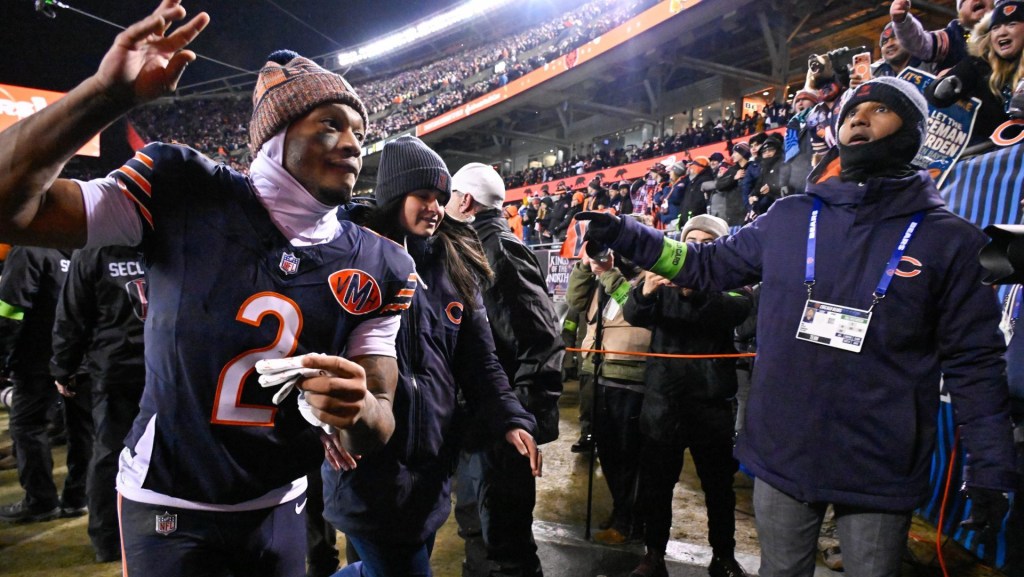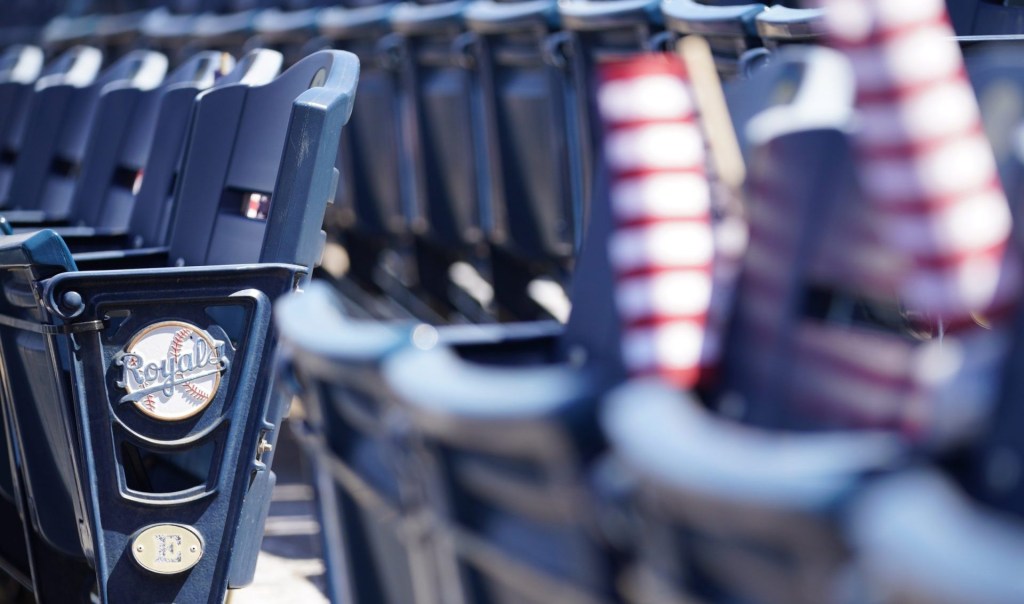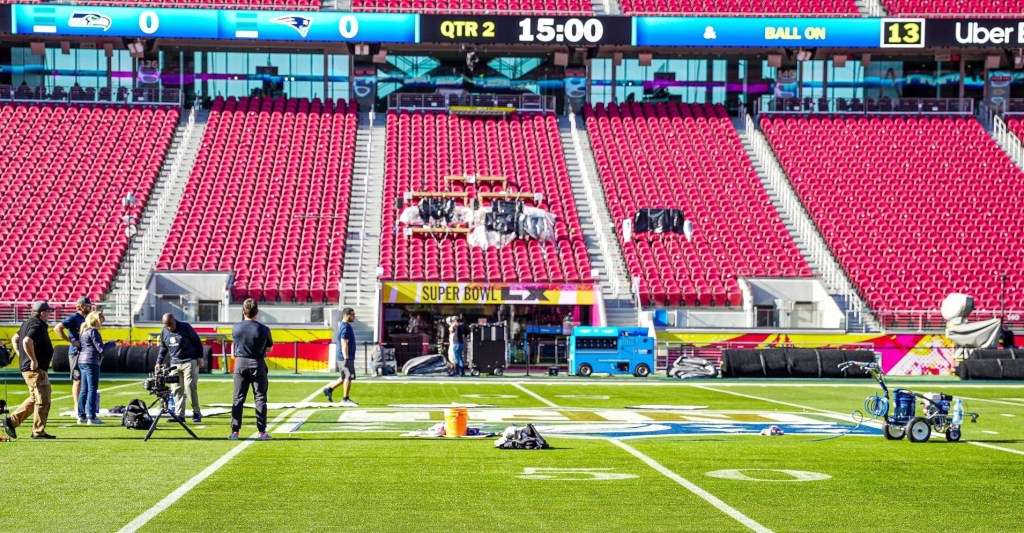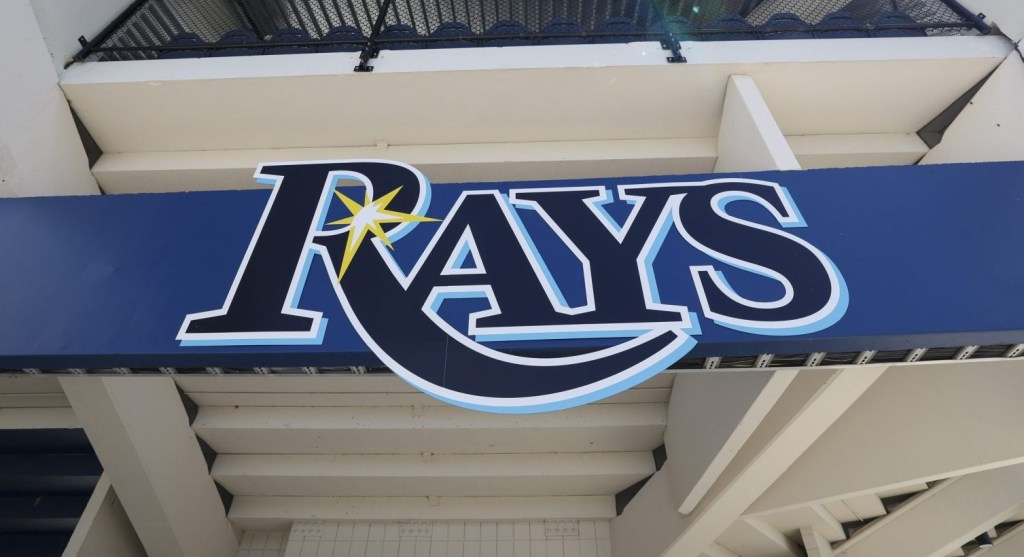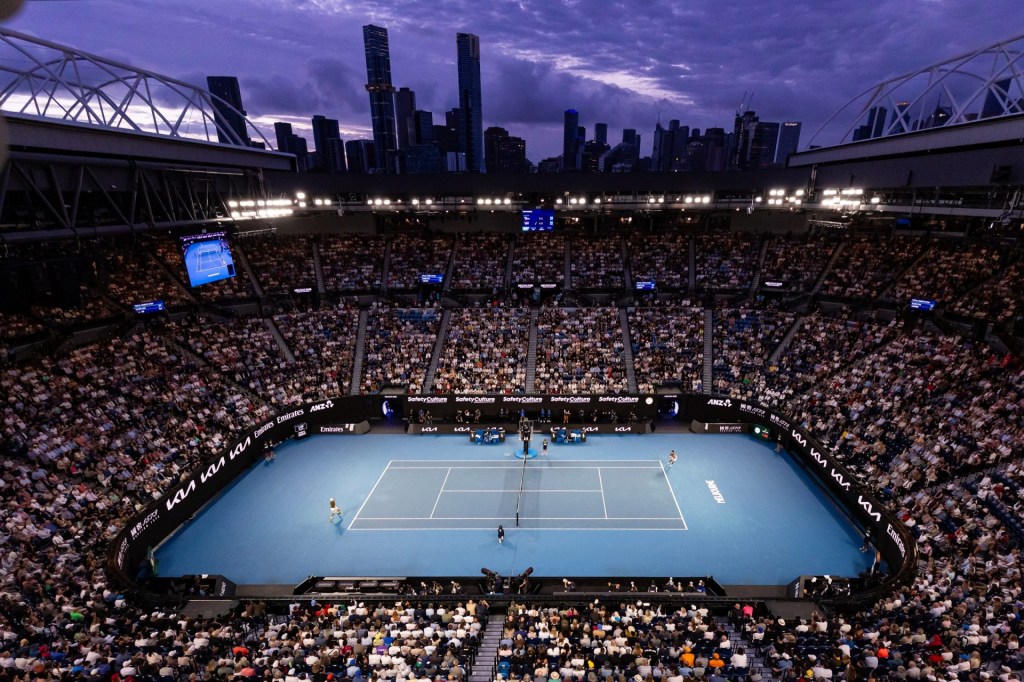WASHINGTON — The Council of the District of Columbia went deep into the night to hear from its constituents about the Commanders’ proposed $3.8 billion domed facility at the site of RFK Stadium, but the bill is on track for passage due in no small part to the political evolution of the council’s chairman.
The council began two days of hearings on legislation to build the stadium and redevelop the RFK property with about $1.1 billion in public funds, with Tuesday’s session devoted entirely to testimony from the public. More than 500 citizens registered to be public witnesses, and the council stayed in session for nearly 14 hours, not recessing until 12:01 a.m. Wednesday.
The second session, beginning just hours later, will be centered on testimony from D.C. Mayor Muriel Bowser and representatives from the Commanders. The sessions are happening just days after D.C. Council chair Phil Mendelson, following negotiations with the team, restructured the bill to redirect as much as $950 million in stadium- and development-related revenue back to the District.
As the first hearing began, hundreds of residents on both sides of the stadium funding debate held signs and chanted in front of council headquarters. Many of the same arguments in what was called by one resident “the classic jocks versus nerds debate” then played out inside throughout Tuesday. Advocates championed potential job creation and redevelopment on Washington’s east side and the return of the team to its “spiritual home,” while opponents questioned the need for public money to support an NFL team estimated to be worth $6.3 billion.
Amid that, several council members touted the stadium’s potential impact on a blighted area of the nation’s capital, even as they questioned certain deal points.
“I see this as much more than a stadium, but an opportunity to build up people and community,” said council chair pro tempore Kenyan McDuffie. “I’ve heard from countless residents: Bring the team home.”
Counting Votes
The council is set to take the first of two scheduled votes on the stadium funding on Friday, with a second to follow in September. While some council members professed themselves on Tuesday to still be undecided, at least five solid “yes” votes exist on the council, two short of the necessary threshold.
“I am confident we will have the votes necessary,” Mendelson said.
Changed Sentiment
A 27-year veteran of the council, Mendelson, a Democrat, was firmly against more than $600 million in public funding toward the construction of Nationals Park more than two decades ago. He was one of six “no” votes in a razor-thin 7–6 decision to develop the ballpark and allow the Montreal Expos to become the Nationals—but only after the relocation nearly fell apart at multiple points.
No other council member part of that baseball vote is still involved with the legislative body, leaving Mendelson as the longest-tenured official there. Over the past two decades, he has shifted from more of a fringe player known for casting protest votes to a deeply powerful centrist and coalition builder who has helped balance out the more leftward-leaning sentiments of the council, and he has led the body since 2012.
“As I have moved from the end of the council dais to the center, so has my ideology,” Mendelson said.
Also helping shape the changed sports sentiment was the fundamentally different nature of the football deal. Getting the MLB club in Washington required a fully funded stadium, as the league owned the franchise at the time and had near-total leverage to completely dictate terms to relocation candidate markets. Commanders owner Josh Harris, conversely, is funding at least $2.7 billion toward the stadium.
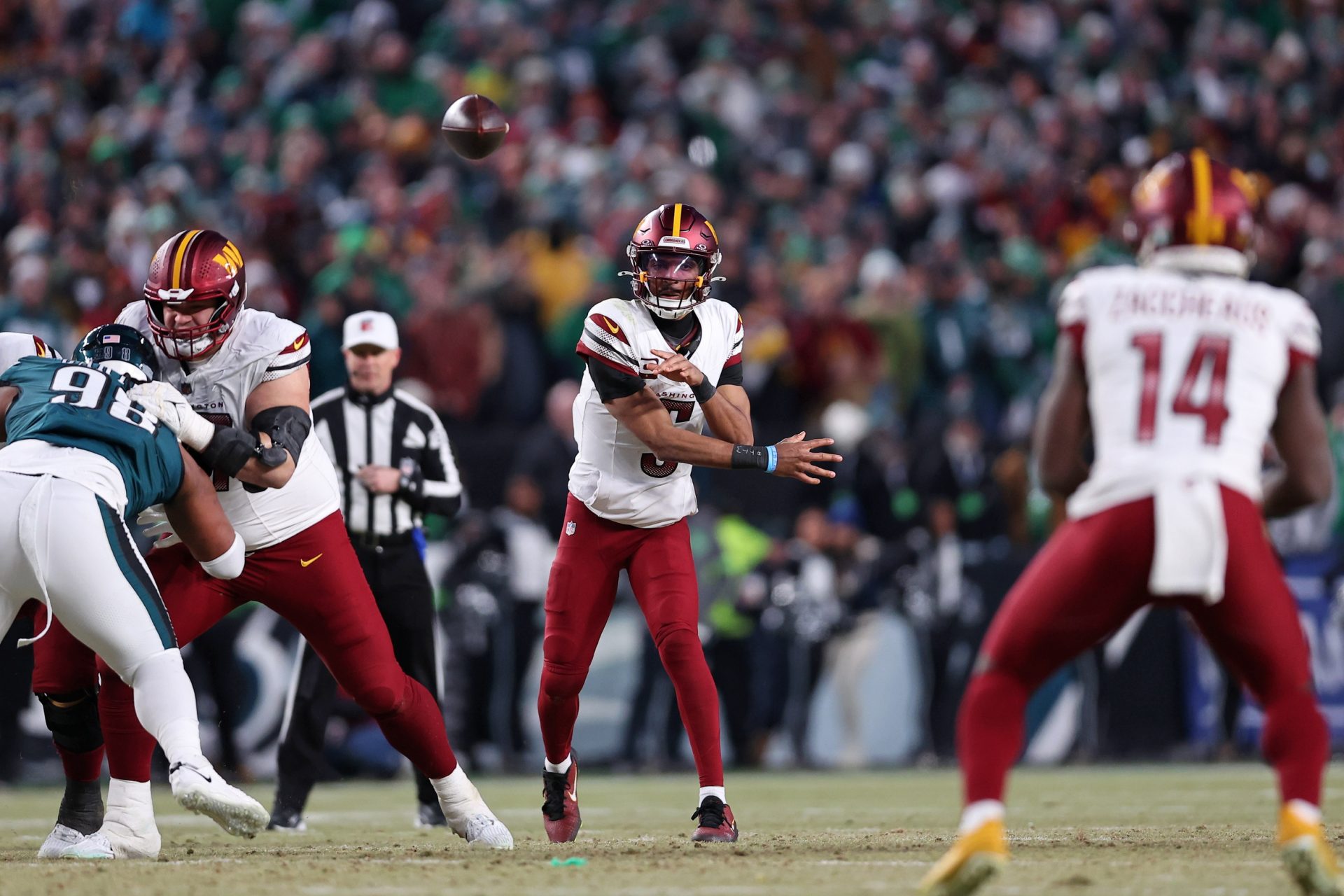
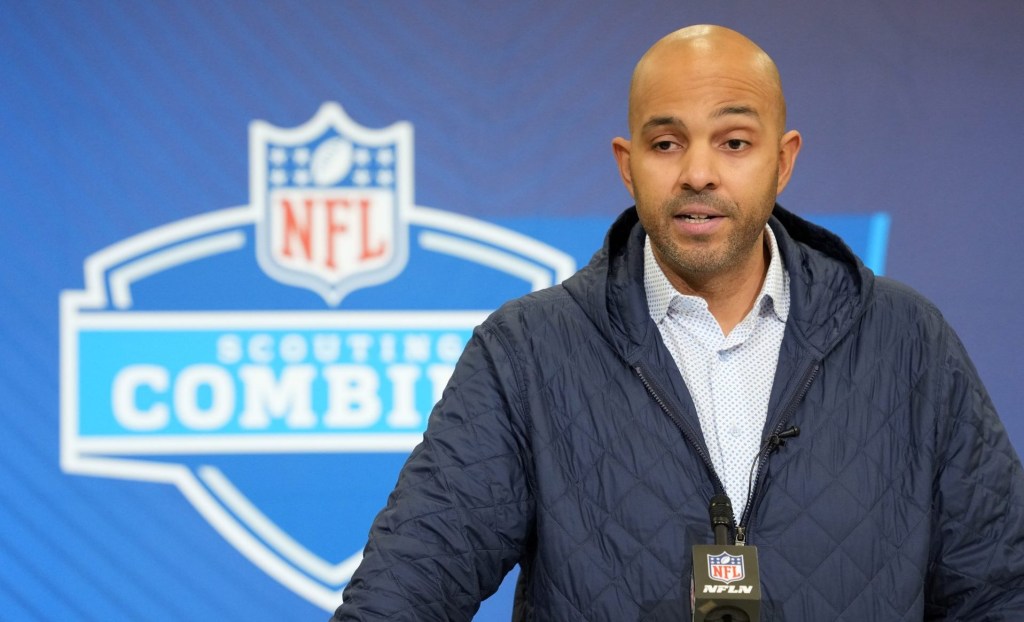
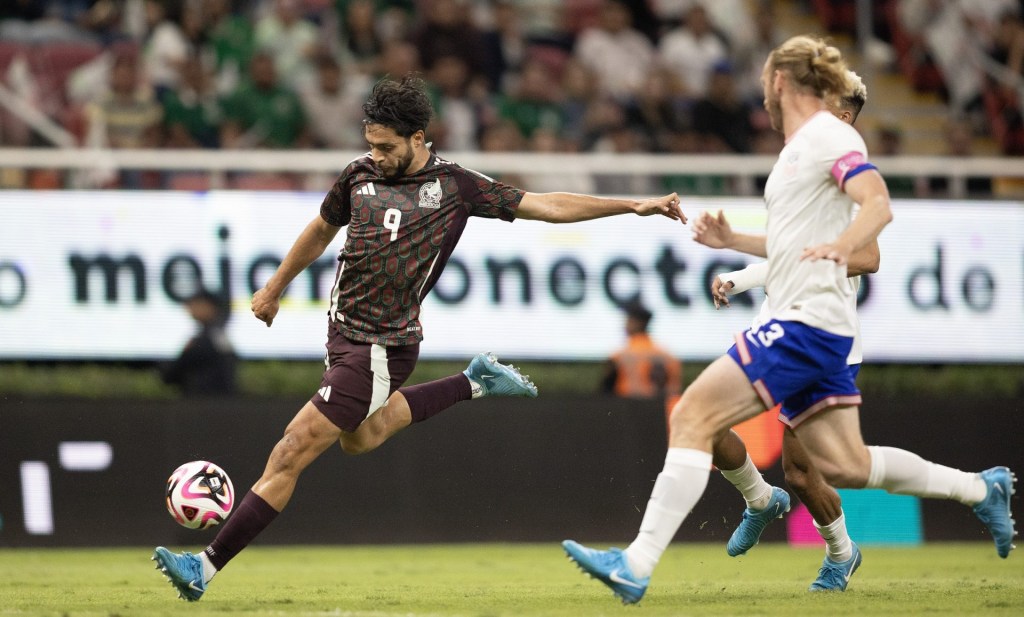
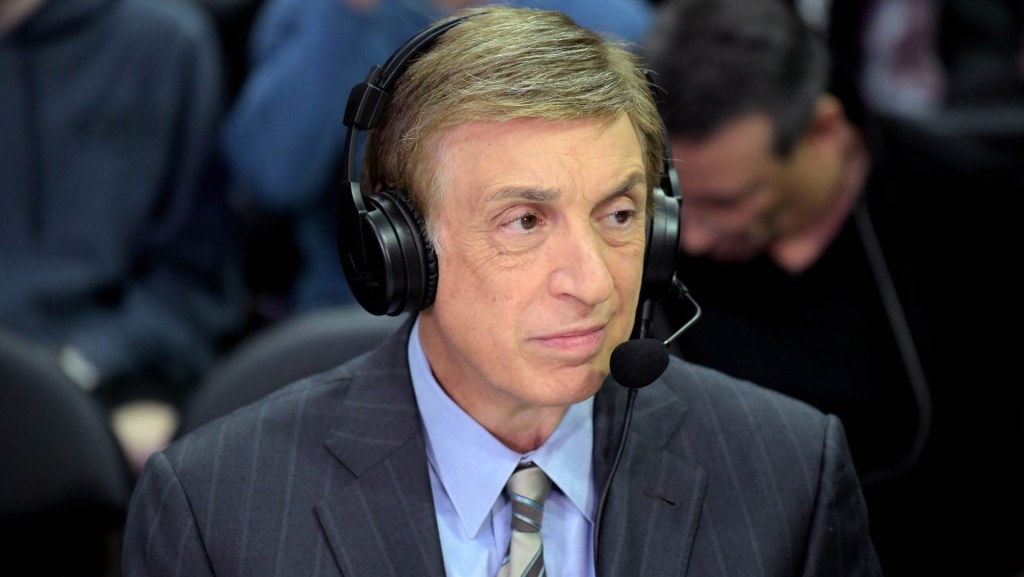
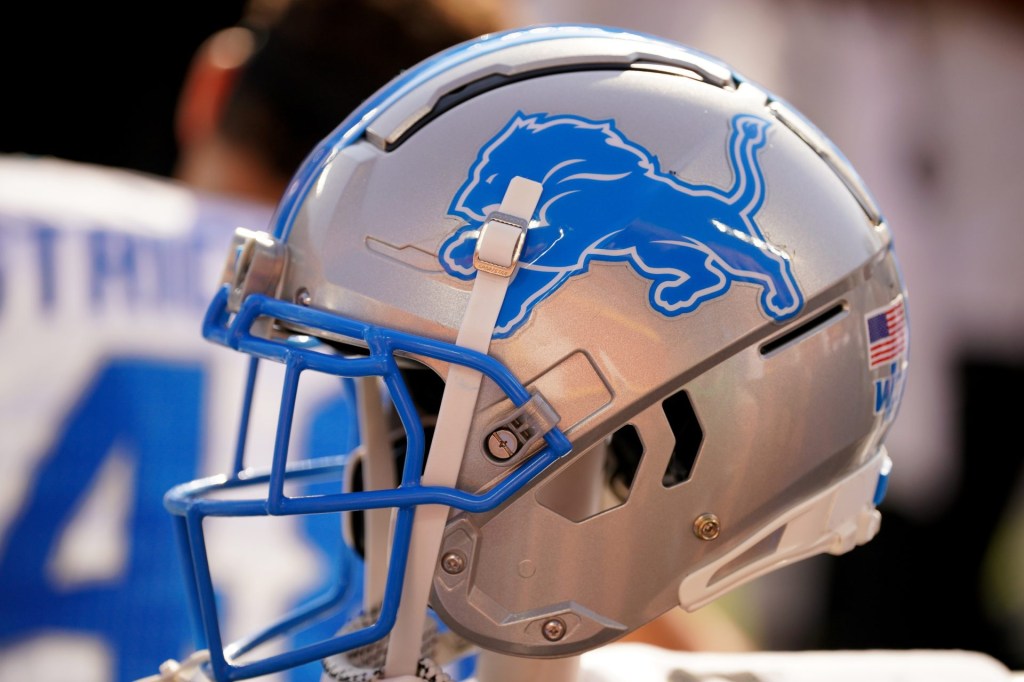
![[Subscription Customers Only] Jul 13, 2025; East Rutherford, New Jersey, USA; Chelsea FC midfielder Cole Palmer (10) celebrates winning the final of the 2025 FIFA Club World Cup at MetLife Stadium](https://frontofficesports.com/wp-content/uploads/2026/02/USATSI_26636703-scaled-e1770932227605.jpg?quality=100&w=1024)




